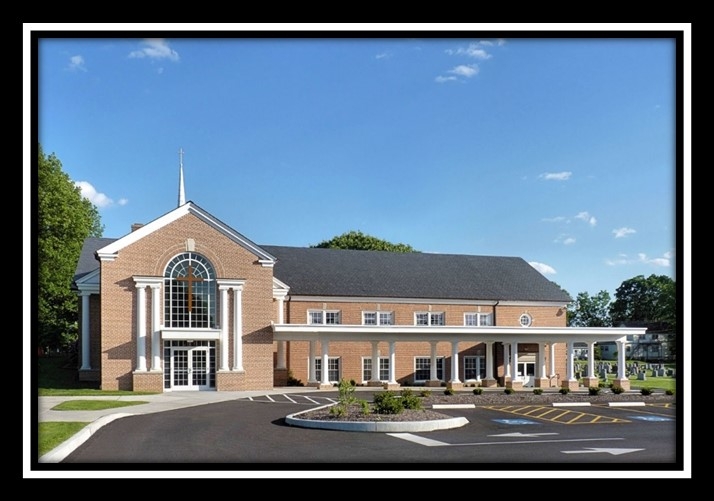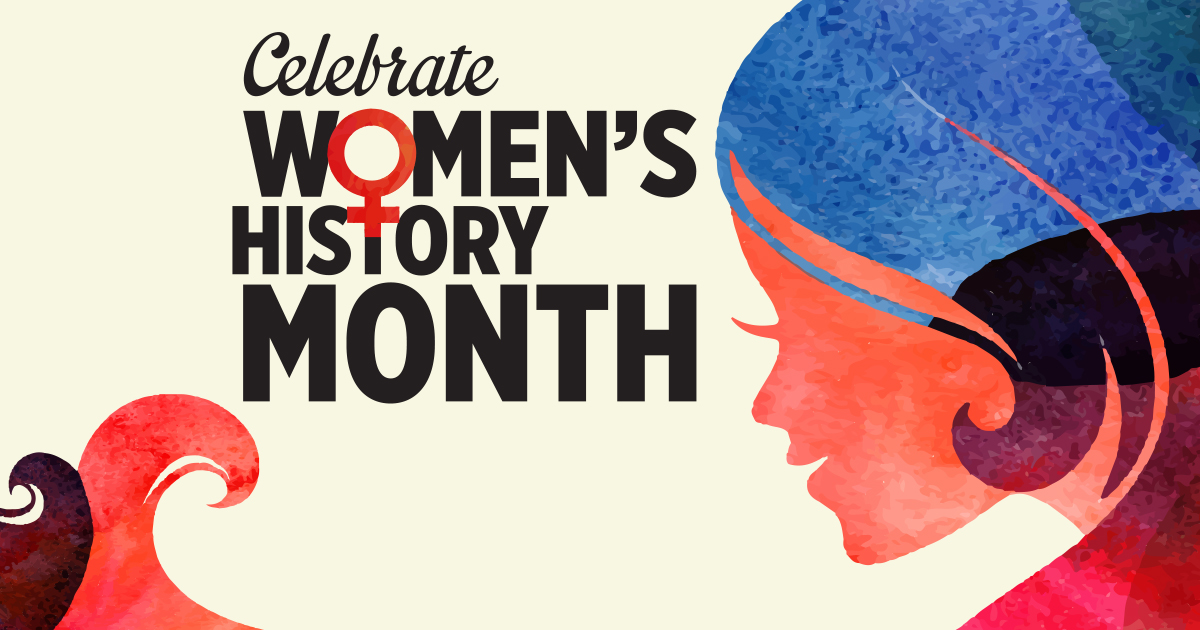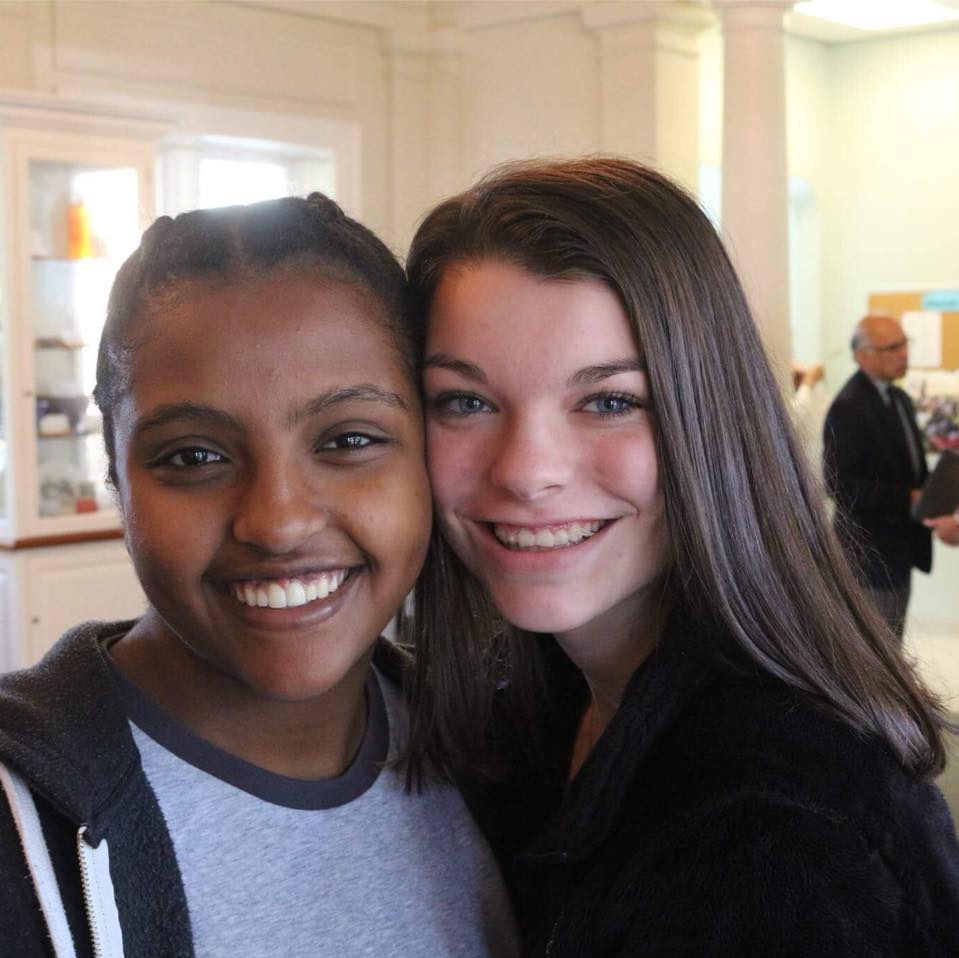CP: Introduce yourself. Location. Current Congregation. (If not currently at a Brethren congregation, where do you worship now? What is your “home” CoB?) Occupation. Age. Did you know March is Women’s History Month? Either way, what does Women’s History Month mean to you? How do you understand your identity as a minister (priesthood of all believers)?

AR: I’m Amanda Ritchie. I’m a part of the Mountville congregation in the Atlantic Northeast District. I’m 15 and I’m a sophomore at Hempfield High School. I was aware that March was Women’s History Month through social media. Other than that, before this month, unfortunately, it was unknown to me. For me, Women’s History Month shouldn’t be overlooked by men or women. Almost all of the rights women have now come from women! I think Women’s History Month is kind of like a symbol for women that it is possible. Women can do anything they set their minds to. That’s why we have this month, in honor of the women that made this true for us.
CP: Is it odd to identify with a group whose name is decidedly male-sounding? In what ways does it matter? In what ways does it not?
AR: Being Brethren, the name has never really bothered me. Although when I think of the term “brotherhood” I think of all people, together, not just males. In a way it could matter, some could see that name and think that it’s males that run the religion. Only male pastors and only males leading worship. But that belief is diminished with our female pastors and all the females we have participating in worship and leading us in worship.
CP: What opportunities does being a Brethren woman provide you? Are there ways it restricts you?
AR: If I could choose a title or label for myself it would be Brethren woman. I’m very proud of that. The church of the Brethren and their beliefs have pretty much been the foundation for my whole life. I’ve seen this as I’ve gone on in life. For example, in my English class this past semester, we had to give a speech/presentation to the class and mine was on pacifism/world peace. Simple things like that are examples for me of how much being a Brethren woman has impacted me. It’s shaped my beliefs and how I view life and my hopes for the world’s future. I don’t believe being Brethren gives me any restrictions. It makes me an open-minded, accepting, loving woman and I’m grateful for that.
CP: Name a woman, Brethren or otherwise, who has inspired you and encouraged your spiritual growth.
AR: When I say this question, there was no doubt in my mind who this woman is. My grandmother, Martha Bushong. She inspires me every day. She’s my greatest role model. She is a devout Brethren woman and has taught me in, I believe, the most amazing ways. She’s shown me acceptance, love of others, hard work, service to others, and so many other qualities. I can’t give enough credit to this woman. She and my grandfather are huge influences in my faith and have been a living example of what I believe Jesus calls us to do.
CP: How can our denomination better encourage the gifts of women?
AR: I think our congregation already does a great job of encouraging women. At my church, we have a female pastor and many women that participate and lead worship (including me). I can’t speak for other churches though, although I am hopeful. I think that if a woman wants to participate in worship, let her. Don’t underestimate her. We are all God’s children and we all worship the same God.

CP: How do you sustain yourself in the midst of those who might discredit or not listen to your voice because you are a woman?
AR: I’m only 15 so, I haven’t encountered a lot of this yet, although, unfortunately, I know in the future I’ll come across it. I just think shame on those people for denying women their strength and voice. They don’t know what we’re capable of and I feel sorry for them.
CP: How do you encourage or build up other women? What are ways that we can intentionally mentor and call young women into ministry?
AR: I like to build up women with compliments of their inner beauty. I think these are the most impactful. I think it’s better to call a woman “intelligent” or “strong” rather than pretty, although outer beauty compliments can certainly still be useful in building up another woman. I think letting a woman know that their gender doesn’t hold them back from anything is also keen. Women should know their strength. I think a great way to call women into ministry is by example. We are already doing a lot of this and it’s fantastic! Also, inviting women to be a part of worship. As well as this, sermons on how Jesus sees women and how women can impact the church.
CP: How do you lovingly respond to prejudice in and outside the Church?
AR: Again, as I said, I thankfully haven’t experienced much prejudice being a woman. And it’s the same in the church. I feel respected in the church and I feel encouraged to take on leadership.
CP: How do you set boundaries with physical touch with men (or others if applicable)?
AR: I like to make it known what’s okay and what’s not. If a guy is making me uncomfortable and crossing boundaries, I tell him to stop and I stand up for myself. For now, in high school, this has been working for me.
CP: You shared some demographic info in question one. Where does your sex or gender identity fit into the broader picture of who you are? Of your many identities, is being a woman primary? Why or why not?
 AR: I think being a woman makes up almost all of who I am. I see it as a gift, more than anything else. I think women alone possess so much strength and I’m so honored to be a part of that. I think all women should be proud to be women. It’s a symbol of vigor, power, toughness, love, and care. God created women not just for men but for themselves. We have the capability to do so much for ourselves. I think all women should take advantage of this.
AR: I think being a woman makes up almost all of who I am. I see it as a gift, more than anything else. I think women alone possess so much strength and I’m so honored to be a part of that. I think all women should be proud to be women. It’s a symbol of vigor, power, toughness, love, and care. God created women not just for men but for themselves. We have the capability to do so much for ourselves. I think all women should take advantage of this.

